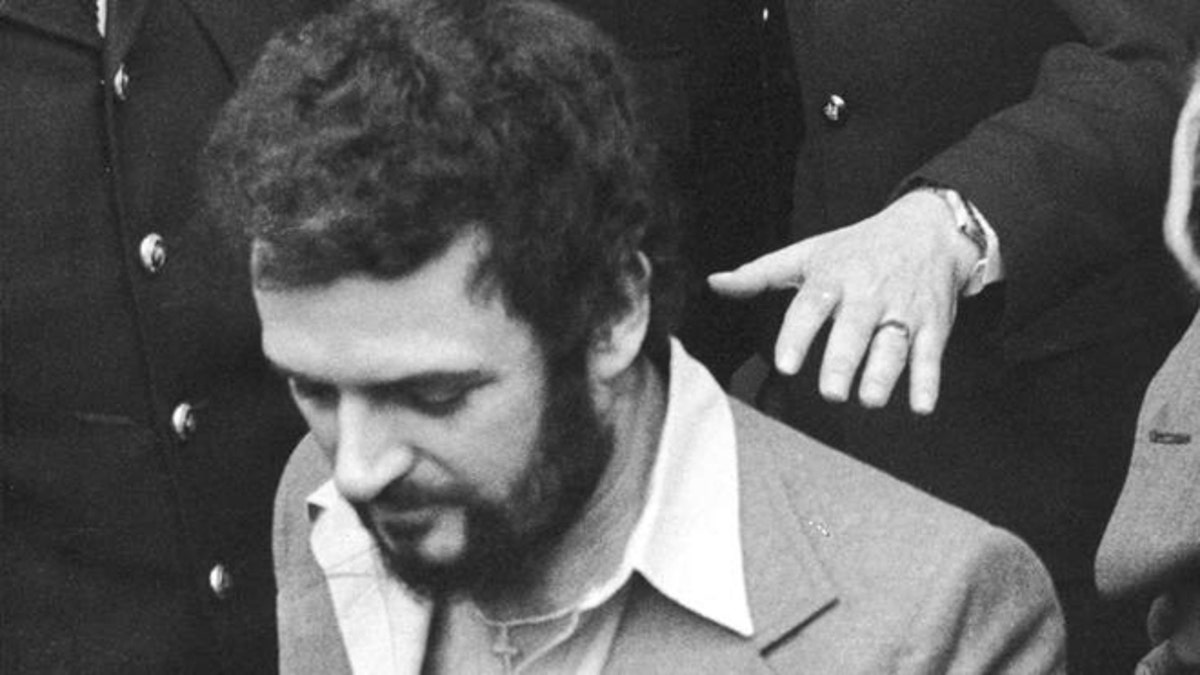
Yorkshire Ripper may return to jail after being deemed no longer mentally ill. (Sky News)
Convicted serial killer Peter Sutcliffe -- the "Yorkshire Ripper" -- has been deemed no longer mentally ill by psychiatrists, The Mirror reports.
Medical professionals have recommended Sutcliffe, who murdered 13 women and attempted to kill seven others in Yorkshire, England, be moved out of a high-security psychiatric hospital and into a special prison unit.
They argue the 69-year-old cannot continue to be held at Broadmoor Hospital because its staff lacks the means to protect other patients.
According to a 2006 report by Dr. Kevin Murray, a psychiatrist who had treated Sutcliffe, the killer posed a “low risk of re-offending,” The Mirror reports.
“We are far too ready to keep mentally disordered prisoners in places like Broadmoor indefinitely,” University of London Professor of Forensic Psychiatry Tony Madden added.
Still, the final call rests in the hands of UK Justice Secretary Michael Jove.
“Decisions over whether prisoners are to be sent back to prison from secure hospitals are based on clinical assessments made by independent medical staff,” a Ministry of Justice spokesperson told The Mirror.
If moved to jail, the Yorkshire Ripper is likely to be assigned to a small unit where he can be closely monitored.
While some of the families of Sutcliffe’s victims are happy the killer may face jail, others say it won't undo the past.
"None of this will bring my mum back and where he is locked up does not really change anything,” Richard McCann told The Mirror. McCann was 5 when his mother was murdered in 1975.
Meanwhile, reports claim Sutcliffe does not to want to leave Broadmoor Hospital, where he has access to television and a DVD player in his room.
Sutcliffe had pleaded not guilty on grounds of diminished responsibility but was convicted and sentenced to 20 life terms in 1981.
He had claimed he was on a "mission from God" to kill prostitutes, The Mirror adds.
He was transferred to Broadmoor Hospital from jail in 1984 after being diagnosed with paranoid schizophrenia, and has spent nearly all of his years in custody there. But he refused psychiatric care and was not treated until nearly a decade later, when the court ruled he could be forcibly medicated.







































